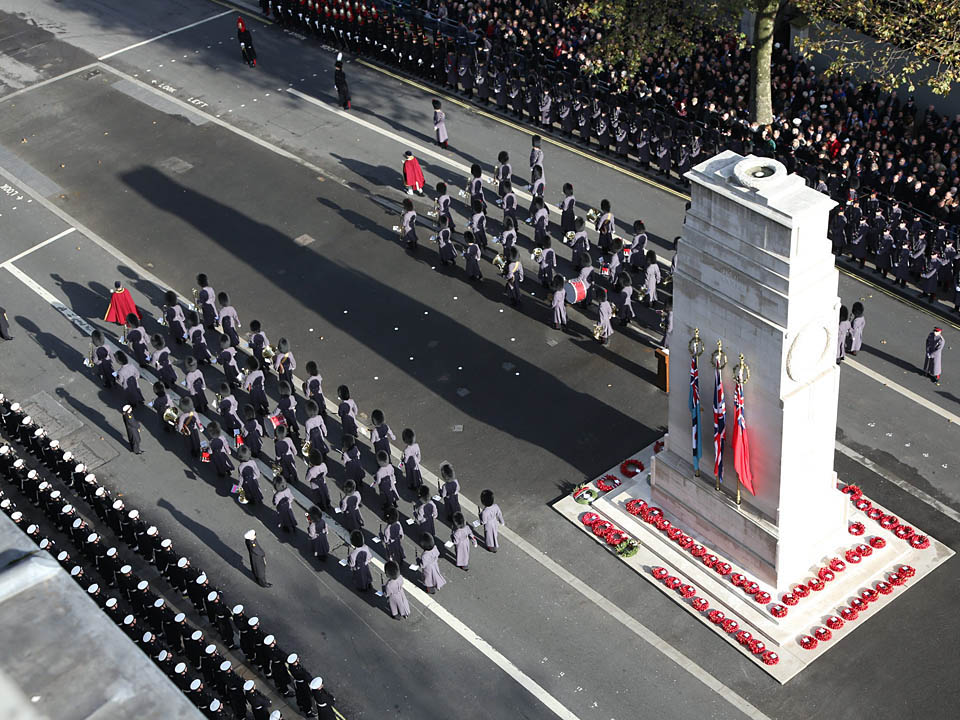14 November 2021 | OPINION
As another Remembrance Sunday comes upon us, we must remind ourselves of what it is that we are commemorating and the significance that the day plays in our society. This at first may seem obvious: soldiers gave their lives so we can live our lives free from tyranny and in pursuit of prosperity.
But there is so much more. Freedom is nice, sure – of course, we would rather live in freedom than under a tyrannical ruler. But this is a very surface-level understanding of its importance. Furthermore, suggest for a moment that we achieved freedom through another medium, without the sacrifice of our forefathers. Would it contain the same level of meaning that we place on it today? I would suggest not.
Remembrance Day and Remembrance Sunday play a crucial role in creating and maintaining the social fabric that makes up our society. The sacrifices of those came before us continue to define who we are as a society; our beliefs and our values are all a product of these previous generations.
The philosopher Edmund Burke, in his landmark work ‘Reflections on the Revolution in France’, writes a line that encapsulates the relationship between those who died in our service and those of us here today. Society, he states, is “a partnership not only between those who are living, but between those who are living, those who are dead, and those who are to be born”.
It is commonplace these days to imagine our present society in isolation and to cast off previous generations as irrelevant – but that was never the case. Our ancestors have passed on to us a gift. This is a gift that we will hopefully be able to pass on to our children.
When viewed in this way, freedom takes on a whole new meaning. Freedom is personal. It is not some static, detached entity that is simply adopted and then abandoned. It has an emotional element in the same way that being gifted a grandparent’s heirloom might. To others, that might seem like an inanimate object; but to you, it has the power to be self-defining.
This is what those who gave their lives have imparted. Not only have they given us our freedom, they have installed it as a pillar of our society because of its personalised significance, allowing it to continue to define our society.
Moreover, the institution that is Remembrance Sunday itself helps to maintain this gift that they imparted. Emile Durkheim, one of the fathers of modern-day sociology, identified the significance of societal rituals in creating a social fabric. By partaking in a series of communal rituals, we can create relationships between all citizens. Days like Remembrance Sunday form part of the social bonds that keep our society from fracturing. Remembering those who gave their lives and the gifts they left behind in one unifying event that supersedes the individual is paramount to preserving who we are a collective.
Remembrance Sunday is not only a day to remember the individuals that gave their lives, although this should not be understated. It is rather more of an occasion that we must use to remind ourselves of the gift that those who gave their lives passed down the years, and the importance of conserving their gift for future generations. Nor is Remembrance Sunday a trivial ceremony where we watch a group of people parade around a stone statue. The enaction of Remembrance itself helps bind us together, both past and future, as well as those alive today.
Let us continue to ensure that those sacrifices our ancestors made were not in vain.
























